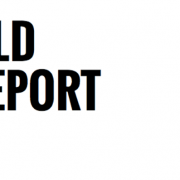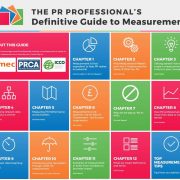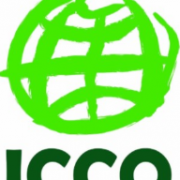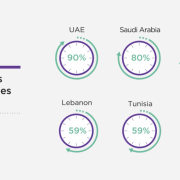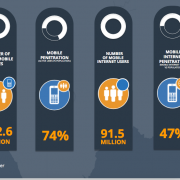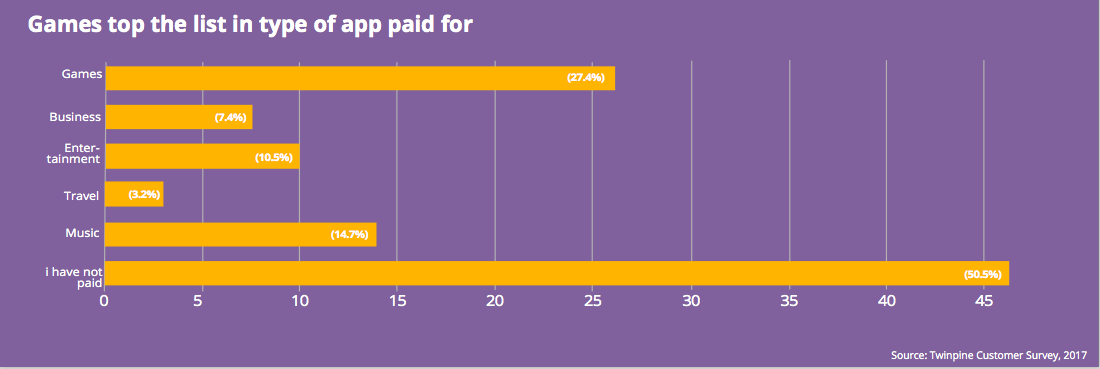ICCO launches World PR Report 2017
The World PR Report 2017, published by ICCO, has today launched at the ICCO Global Summit in Helsinki, Finland.
The report, presented by Francis Ingham, Chief Executive, ICCO, is the annual analysis of the international public relations industry. Drawing on ICCO’s 40 associations and 13 direct agency members, operating in 55 countries, and representing 2,500 agencies, the World PR Report provides insights into where global PR is now, and where it is going to be in the coming years.
The Report includes the ranking of the top 250 global agencies developed by The Holmes Report, market analysis from regional leaders, and a report on agency growth, opportunity, investment plans, and talent challenges.
The Report reveals that agency heads are reporting new levels of optimistic. On a scale of 1-10, the global average for optimism is 7.8, up from 7 last year. The most optimistic markets are Latin America (9.4) and Asia Pacific (9.2). The least are Middle East (6.7) and Eastern Europe (6.9).
When asked about their expectations of profitability, Latin America came in highest with a score of 8.2, followed by Asia Pacific at 7.8. Africa came in lowest at 4.7.
Noted areas of growth include social media community management (56%); multimedia content creation (39%); and digital build and production (32%). These growth areas vary by region, reflecting differing local priorities and differing levels of market maturity.
On the subject of measurement, the Report reveals that 44% of global respondents do not use AVEs. The main global reason given for the use of AVEs is that it is expected by clients (40%). The prevalence of AVEs is highest in the Middle East, where only 17% report that they do not use them.
For the first time, the Report included figures on the gender pay gap, developed by Global Women in PR. The average gender pay gap is £4,572. 28% of male directors earn over US$150,000 (£113,700), compared to only 12% of women.
Commenting on the Report, Francis Ingham said: “The big headline is surely this – PR is in great shape. Agency heads are optimistic that the PR market is growing. And that is true of every single region of the world, with the highest levels of optimism to be found in Asia Pacific. They also expect their agencies to be more profitable this year. Ours is a great, dynamic industry, capable of growing in tricky economic circumstances. How many other industries can say that?
“There are, of course, challenges. Agency heads cite keeping skills current in the digital field as their number one challenge. We are simply not good enough at attracting and retaining agency employees. And why don’t we charge enough? Because we invest insufficient time and resource in proving the impact of PR and communications. Evaluation lies at the heart of our industry’s future, and while much progress has been made, there is more that needs to be done.
“But for all these challenges, these are great days to be in PR. And the days that lie ahead are brighter still.”
Full analysis and commentary of each of the markets is available in the World PR Report 2017, as a free download at: https://iccopr.com/services/world-reports/


